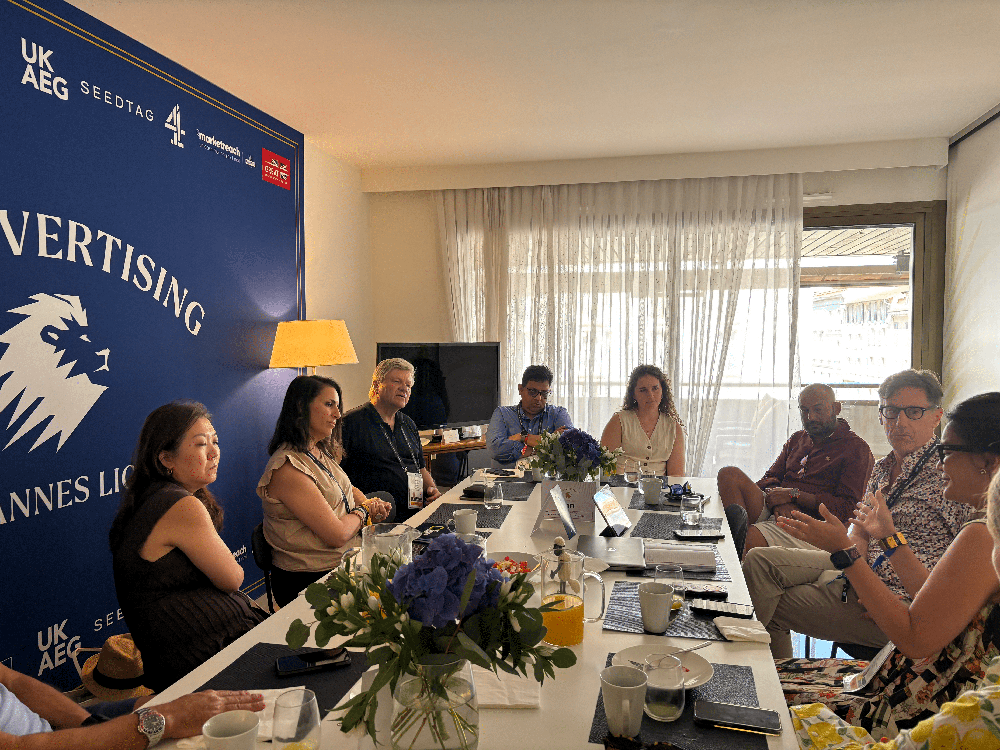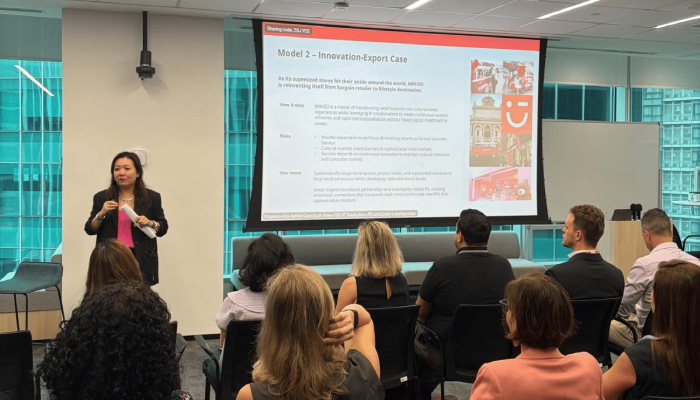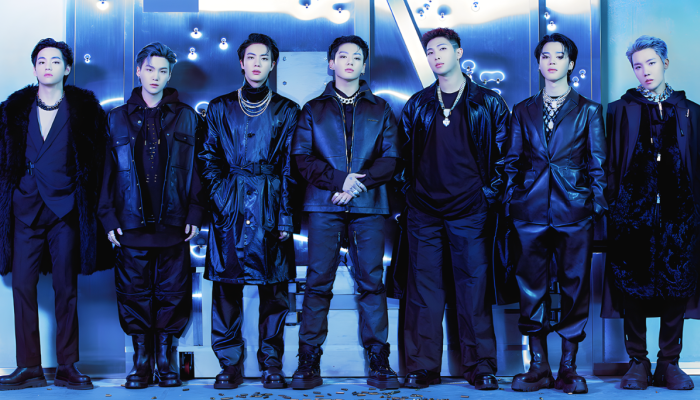At this year’s Cannes, we got together for a laid-back brunch featuring The Marketing Society and UK Advertising Members, to have an honest chat about something that doesn’t get talked about enough: how brands can really understand and connect with the next billion consumers in emerging markets. These consumers—mainly in parts of Asia, Africa, and Latin America—are coming online fast. They’re digital-first and savvy, with growing access to technology. Brand loyalty looks quite different here compared to what many global teams are used to. These people are setting their own trends and making their own choices, but too often, brands talk about them instead of listening to them.
You can’t shortcut cultural understanding
One of the first things we landed on was just how different these markets are—not in a surface-level way, but in how people live, communicate, and what they truly value. As one speaker put it: “Language changes every 100 kilometres. If you don’t understand local cultures, you won’t be able to attract the next billion.” It’s about much more than words—it’s humour, daily routines, references that land—or don’t.
It’s tempting to think a global campaign can stretch to fit these markets with a bit of localisation, but all too often that just means translating copy and switching out a few images. The brands that succeed aren’t the ones stretching; they’re the ones building from the ground up. McDonald’s came up as a great example—not just for tailoring menus across regions like India, but for shifting how it speaks and shows up in each place. This kind of attention isn’t about perfection; it’s about respect.
One clear takeaway was that local insight isn’t optional: it’s vital. Brands can’t treat new markets like blank canvases. People want to see themselves reflected in the work, not just included at the edges.
Purpose only works if it’s genuine
We spent time on brand messaging, especially around values or social responsibility. There’s pressure on brands to ‘stand for something’ these days, but when it’s done carelessly, it falls apart quickly. One guest pointed out that younger consumers don’t just expect brands to say the right things—they expect them to mean it. And if they don’t, they’ll notice. They’ll Google. They’ll call it out.
Another key insight: people want honesty, not polish. Younger audiences are sharp, quick to fact-check, and tuned into anything that feels performative. If a message doesn’t feel authentic, they’ll walk away.

Technology helps—but doesn’t replace real insight
Of course, AI was part of the conversation. There was cautious optimism about its role in helping brands move faster and spot patterns. But no one saw it as a replacement for the kind of understanding that comes only from being close to the ground. As one person put it: AI might help you choose a direction, but it won’t tell you what something means to someone living in Jakarta, Lagos, or São Paulo. That’s still a human job.
Real understanding comes from local teams who live and breathe their markets. There was a strong feeling that brands need to invest more in local talent—not just to implement campaigns, but to help shape them. These teams should have a seat at the strategy table, not just the rollout. That means trusting them to lead, not waiting for head office sign-off.
Global brands aren’t always the leaders
One of the more humbling reflections was how often local brands lead in emerging markets. They’re quicker, more agile, and often better tuned into what people really want. Increasingly, they’re not just successful at home—they’re influencing marketing globally. It was no surprise that global brands rarely top the charts in these regions, but the real surprise is that many still expect to.
A lighter example brought a smile: Shaun the Sheep. A brand with no dialogue and travels well across cultures. But how people relate to it changes depending on where you are. In the UK, it’s mostly a family show. In Japan and Korea, young women in their twenties visit Shaun-themed farms. Same character, completely different audience. It’s a reminder why local insight matter.
Slow down and listen
If there was one clear message from the morning, it was this: to succeed in these markets, you can’t just apply a formula. You must slow down, ask better questions, and spend time listening to people who understand the place far better than you do.
These aren’t “emerging” markets waiting to be shaped—they’re already moving fast, shaping global culture in return. Brands need to build something that fits, that respects the culture it lands in, and that’s shaped by the people who live there.
And maybe that’s the real opportunity—for brands and marketers alike—to relearn what it means to connect, and to do it with genuine care and respect.
Think Piece by Brynie McBurney, Global Head – The Marketing Society
Moderated by Ed Pank, SVP APAC – Lions and Managing Director APAC – WARC



